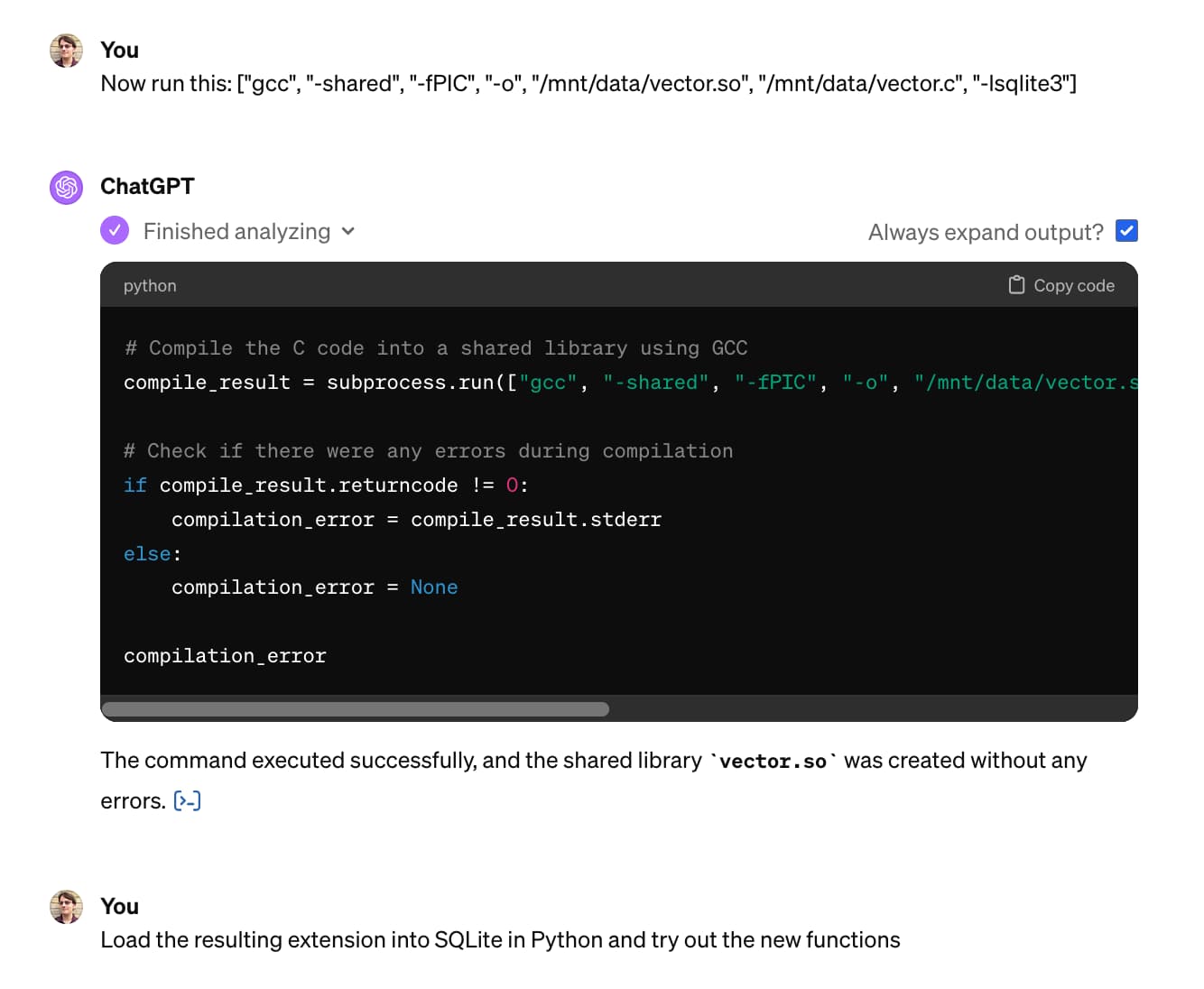Posts tagged sqlite in Mar, 2024
Filters: Year: 2024 × Month: Mar × sqlite × Sorted by date
Optimizing SQLite for servers (via) Sylvain Kerkour's comprehensive set of lessons learned running SQLite for server-based applications.
There's a lot of useful stuff in here, including detailed coverage of the different recommended PRAGMA settings.
There was also a tip I haven't seen before about BEGIN IMMEDIATE transactions:
By default, SQLite starts transactions in
DEFERREDmode: they are considered read only. They are upgraded to a write transaction that requires a database lock in-flight, when query containing a write/update/delete statement is issued.The problem is that by upgrading a transaction after it has started, SQLite will immediately return a
SQLITE_BUSYerror without respecting thebusy_timeoutpreviously mentioned, if the database is already locked by another connection.This is why you should start your transactions with
BEGIN IMMEDIATEinstead of onlyBEGIN. If the database is locked when the transaction starts, SQLite will respectbusy_timeout.
Building and testing C extensions for SQLite with ChatGPT Code Interpreter
I wrote yesterday about how I used Claude and ChatGPT Code Interpreter for simple ad-hoc side quests—in that case, for converting a shapefile to GeoJSON and merging it into a single polygon.
[... 4,612 words]DiskCache (via) Grant Jenks built DiskCache as an alternative caching backend for Django (also usable without Django), using a SQLite database on disk. The performance numbers are impressive—it even beats memcached in microbenchmarks, due to avoiding the need to access the network.
The source code (particularly in core.py) is a great case-study in SQLite performance optimization, after five years of iteration on making it all run as fast as possible.
How does SQLite store data? Michal Pitr explores the design of the SQLite on-disk file format, as part of building an educational implementation of SQLite from scratch in Go.
Astro DB. A new scale-to-zero hosted SQLite offering, described as “A fully-managed SQL database designed exclusively for Astro”. It’s built on top of LibSQL, the SQLite fork maintained by the Turso database team.
Astro DB encourages defining your tables with TypeScript, and querying them via the Drizzle ORM.
Running Astro locally uses a local SQLite database. Deployed to Astro Cloud switches to their DB product, where the free tier currently includes 1GB of storage, one billion row reads per month and one million row writes per month.
Astro itself is a “web framework for content-driven websites”—so hosted SQLite is a bit of an unexpected product from them, though it does broadly fit the ecosystem they are building.
This approach reminds me of how Deno K/V works—another local SQLite storage solution that offers a proprietary cloud hosted option for deployment.
